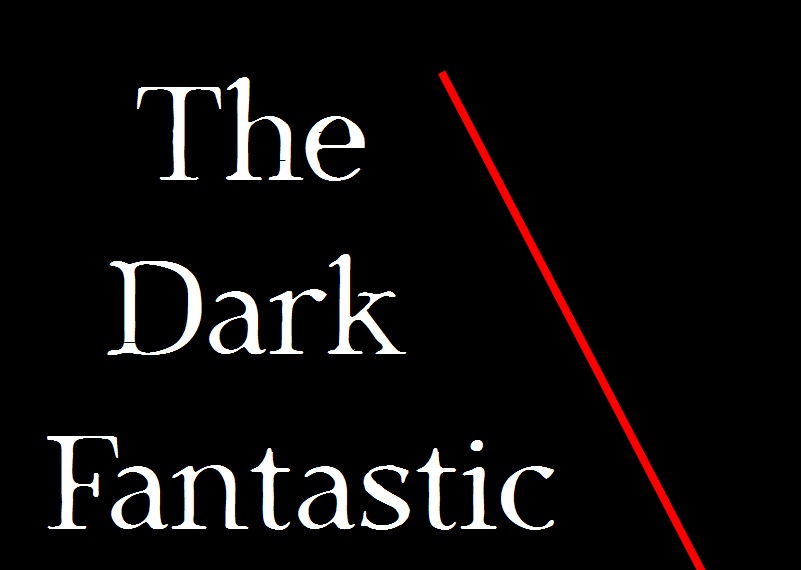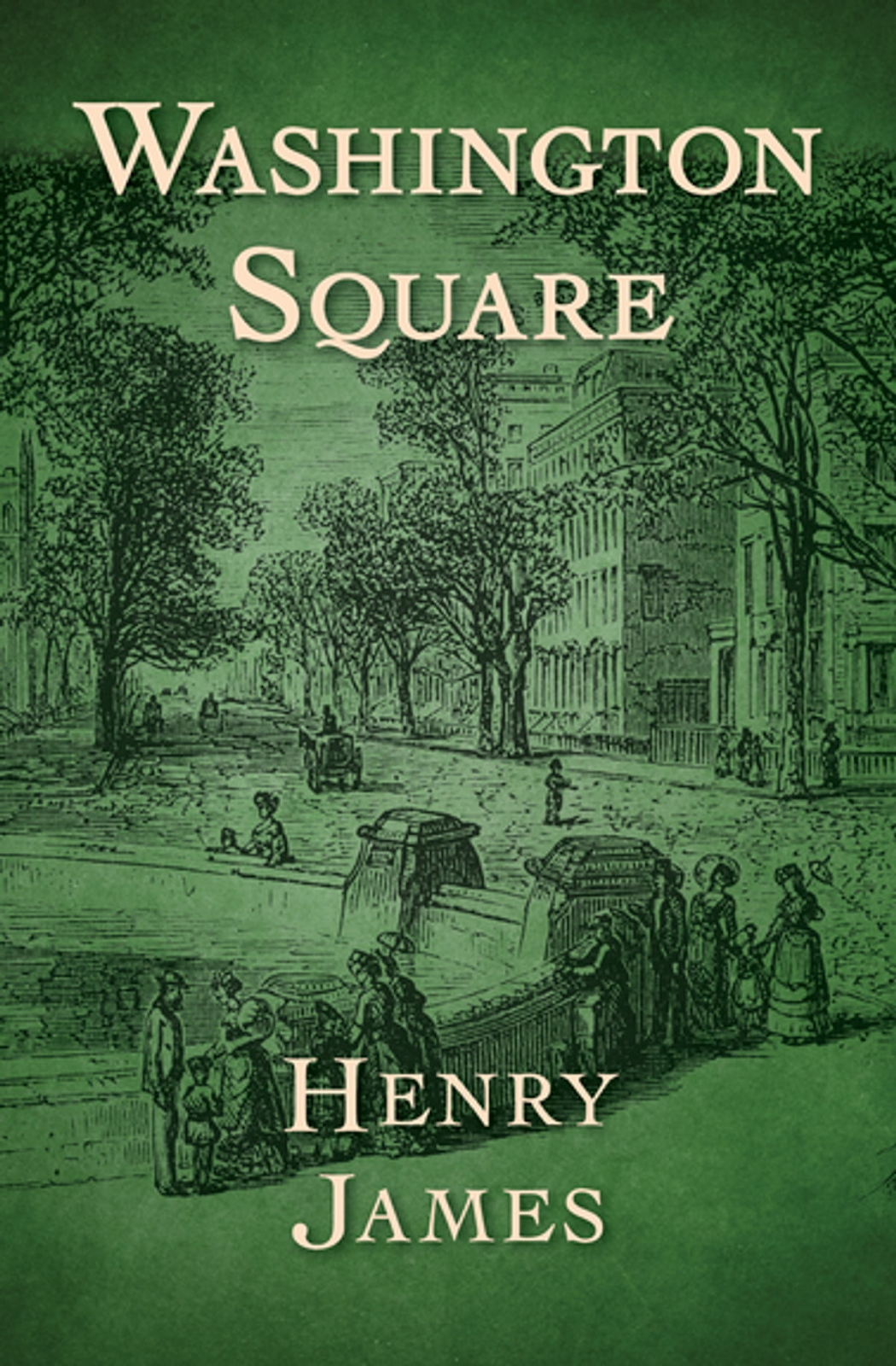Friday, August 25, 2023
Film Review: NEFARIOUS (2023) 2 and a half out of 5 stars.
Sunday, August 20, 2023
Book Review: WASHINGTON SQUARE By Henry James.
The Dark Fantastic is sponsored by VHS Books:


Wednesday, August 16, 2023
Film Review: SYMPATHY FOR THE DEVIL (2023). 3 out of 5.
Monday, August 14, 2023
Book Review: NEXT By Michael Crichton. 3 and a 1\2 out of 5.
Crichton goes for broke here, creating a multi-layered and sprawling novel with a multitude of characters and plotlines, some of which, by the end of the book, will converge. It’s useless to go into details about the story itself. The plot is just too complex to summarize. Suffice it to say that Crichton tackles the issue of gene patenting, and how playing God leads to complicated and, sometimes, disastrous consequences.
He’s dealt with these issues before in many of his books, but never in such an assured and humorous manner.
Next is the work of a writer at the peak of his powers, using every technique at his disposal, every lesson learned from a lifetime of writing. With Next, Crichton creates the sort of novel 2003's State of Fear should have been. With State of Fear, Crichton courageously took on the global warming/climate change hysteria, and tried to expose those he called “catastrophists”, scientists, politicians, and media personalities who use genuine environmental concerns, and blow them all out of proportion to induce fear and gain control of public opinion for their own benefit. But the novel came across as half-cooked and meandering, and didn't really make its point that clear.
Next, on the other hand, fires on almost all cylinders, with Crichton in complete control of his narrative. He takes on politicians, tech moguls, corrupt scientists, ego-maniacal businessmen, evangelists, and many more, with gleeful, dark humor.
Sometimes he lays it on a bit too thick, and his vitriol isn't always evenly meted out, but he succeeds in producing a piece of work that is literally unputdownable, and a joy to read; one of the few Crichton books I felt I could re-read almost instantly.
While not as propulsive and action-packed as some of his best techno-thrillers, Next is a terrific, intelligent novel, filled to the brim with ideas, many of which are thought-provoking and more timely than ever.
A must for fans. For newcomers to Crichton's work, I'd recommend The Andromeda Strain or Airframe.
Text © Ahmed Khalifa. 2023.
Watch or listen to the video version:
Ahmed Khalifa is a filmmaker and novelist. He is the writer/director of several short films and a feature, which was released on Netflix, and the author of a number of novels and short stories, including the YA horror novel, Beware The Stranger, available on Amazon. He is also the host of The Dark Fantastic Podcast. Find him on Twitter @AFKhalifa and on Facebook @DFantasticPodcast






